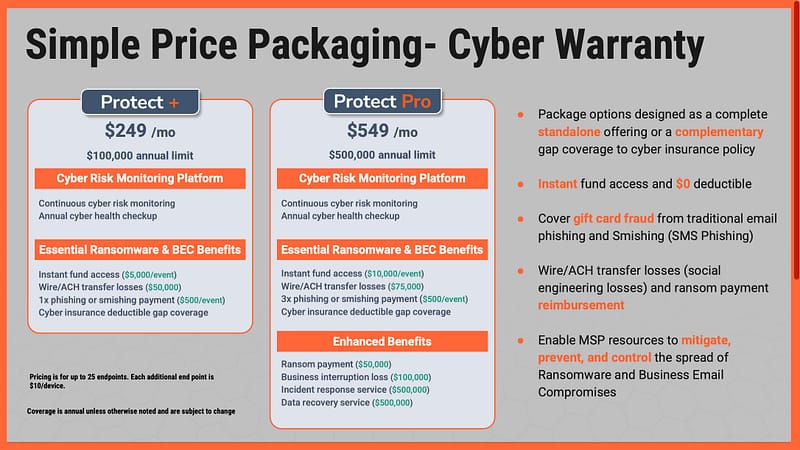Are you considering to integrate Cloud Computing for your business? Don’t know where to start? At Troinet, we can help you make the right decision at any stage of your decision process.
What is Cloud Computing?
Cloud Computing is “the use and access of multiple server-based computational resources via a digital network. A network includes WAN (Wide Area Network) or the Internet using the World Wide Web.
To further understand Cloud Computing, one can compare it to the evolution of public utilities such as electricity and water supply. Before the Industrial Revolution, businesses had to put up two main outputs: (1) Power; and (2) Goods.
For example, a milling company have to build its own expensive water mills, coal-heating and animal-driven machines to produce goods. But then, the concept of delivering power (electricity) as a utility was introduced. In a very short time, it became a competitive necessity for factories to take advantage of the lower-cost option offered by public utilities.
Today, this transformation is similar with computing power. Instead of businesses installing, hosting and maintaining expensive servers, they can simply pay for “computing power” like a utility.
Benefits of Cloud Computing
Cloud computing makes it possible to deliver applications and data to users rapidly, efficiently, and without the need for extensive capital expenditures. Advantages of cloud computing include: Shorter time to market, consistency and compliance, no need for special hardware, simple set up and customization, scalability, reduced total cost of ownership, and reduced energy consumption.
Be more agile and responsive to business conditions. Shift resources quickly and easily. Transform from capital-intensive model to dynamic expense model.
- Strengthen work-life balance
- Keep you data safe amidst disasters and threats
- Get rid of bulky outdated servers
- Access all your data from anywhere
- Automatic back up
Anyone can work remotely
Employees can stay in touch at all times
No downtime
No office, no problem
Workers can use their own devices
Brand can go global in a few days
Key Features
On Demand, Elasticity, Measured Service
Platforms beyond your walls
Easy integration
Demand-based pricing and metered usage
The Ultimate Beginner's Guide to Cloud Computing
Here’s your quick-and-easy guide to understanding how the cloud works and why businesses and consumers alike are making the switch. Here, you’ll learn about:
- What is a cloud?
- Is the cloud right for you?
- How to prepare your organization for cloud adoption
- Establishing a Cloud Business Office (CBO) and its tasks
Documentation
What is Cloud Computing?
Cloud computing refers to the online networks to store and process data. Instead of everything being stored on one computer or device, it is saved to a cloud for easy retrieval, regardless of the device the user is on and where in the world he/she is located. The cloud encompasses a wide expansion of definitions as it evolves in the world of business technology.
According to a Forbes article, Goldman Sachs published a study that revealed spending for cloud computing services and infrastructure platforms will increase by as much a 30% CAGR between 2013 and 2018. The anticipated growth for the “overall enterprise IT” is just 5%. Cloud computing is not just a trendy buzzword; it is being embraced globally by institutions of all sizes.
Reasons to Move to the Cloud
Cloud storage is the new online equivalent of the external hard drive. It’s like an external hard drive, except it’s bigger, cheaper, and more secure. It is more secure because it is not under your physical control. It is controlled by Amazon or Dropbox or somebody else. This means it’s safer; no one can get at it without your password. And it is also safer in the sense that you are less likely to lose it because you don’t have to remember to bring it with you. Learn more about reasons to move to the cloud.
Less Hassle in Managing Own Servers
The majority of users are not interested in deploying their own data center but prefer to pay someone else to do it for them.
Easier and More Convenient
Cloud computing provides applications that compete with traditional software by being easier to use and more convenient.
Combination of technologies
Because it offers so many new technologies and services, there are many opportunities for developers to create innovative applications for this platform.















